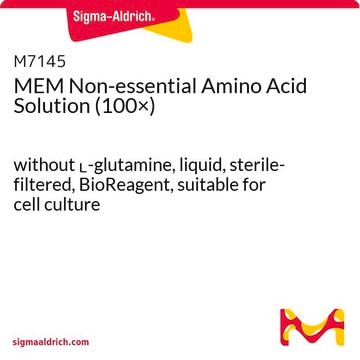Recommended Products
product name
LS 123, 94120801
biological source
human colon
growth mode
Adherent
karyotype
Modal no. 63 (2n=46), hypotriploid
morphology
Epithelial
products
Carcinoembryonic antigen (CEA)
receptors
Not specified
technique(s)
cell culture | mammalian: suitable
relevant disease(s)
cancer
shipped in
dry ice
storage temp.
−196°C
Related Categories
Cell Line Origin
Human colon adenocarcinoma
Cell Line Description
Established in 1974 from the second in a series of 3 primary colonic tumours resected from a 65 year old Caucasian female, which was classified as a Duke′s B mucin producing colon adenocarcinoma. LS 123 is aneuploid, fails to grow progressively in nude mice and forms colonies only in enriched semisolid medium developed for tumour stem cells. The cells will grow in either low serum or serum free medium. In chick embryonic skin assays the cells grow as a well differentiated abnormal colonic epithelium with little mitotic activity and low invasiveness. LS 123 exhibits several properties associated with neoplasia, but have little invasive potential and may represent an early stage in tumour development.
DNA Profile
STR-PCR Data: Amelogenin: X
CSF1PO: 10,11
D13S317: 9,13
D16S539: 13
D5S818: 11
D7S820: 9
THO1: 7,8
TPOX: 9
vWA: 16
CSF1PO: 10,11
D13S317: 9,13
D16S539: 13
D5S818: 11
D7S820: 9
THO1: 7,8
TPOX: 9
vWA: 16
Culture Medium
EMEM (EBSS) + 2mM Glutamine + 1% Non Essential Amino Acids (NEAA) + 10% Foetal Bovine Serum (FBS) (Heat inactivated).
Subculture Routine
Split sub-confluent cultures (70-80%) 1:4 to 1:8 i.e. seeding at 1-2x10,000 cells/cm2 using trypsin 0.25% or trypsin/EDTA; 5% CO2, 37°C.
Other Notes
Additional freight & handling charges may be applicable for Asia-Pacific shipments. Please check with your local Customer Service representative for more information.
Certificates of Analysis (COA)
Search for Certificates of Analysis (COA) by entering the products Lot/Batch Number. Lot and Batch Numbers can be found on a product’s label following the words ‘Lot’ or ‘Batch’.
Already Own This Product?
Find documentation for the products that you have recently purchased in the Document Library.
Our team of scientists has experience in all areas of research including Life Science, Material Science, Chemical Synthesis, Chromatography, Analytical and many others.
Contact Technical Service






